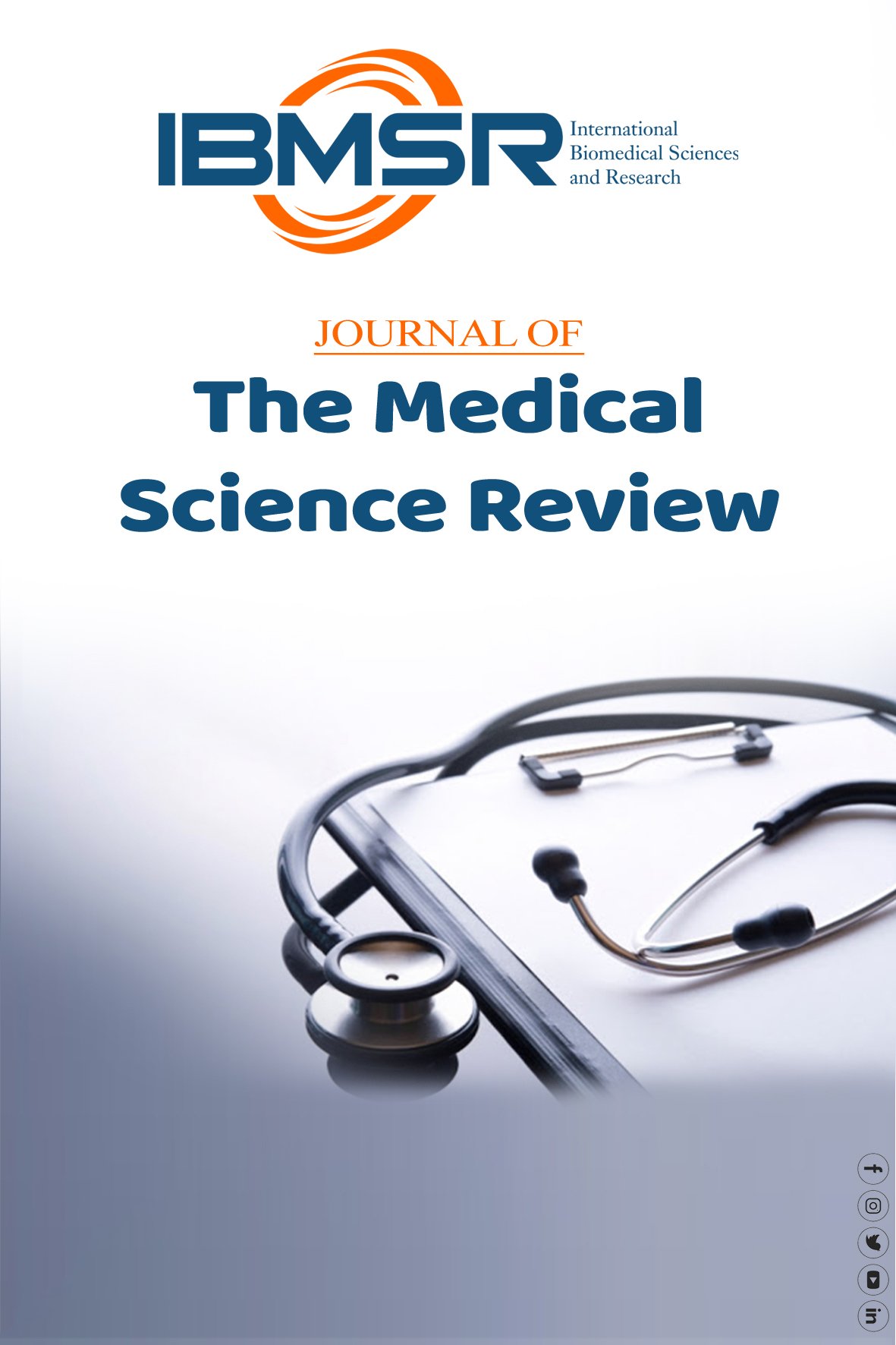Publication Ethics: Building Trust in Academic Publishing
Academic publishing thrives on trust, integrity, and collaboration. Whether you're an editor, author, or reviewer, your role contributes to the foundation of reliable scholarly communication. Let's explore what ethical publication means for each member of our academic community.
For Journal Editors: Leading with Integrity
As a journal editor, you're the guardian of quality and fairness in your publication. Your decisions shape the academic conversation and influence how knowledge spreads throughout the research community.
Taking Full Responsibility
Everything that appears in your journal reflects your editorial judgment. This means establishing robust quality assessment measures and being ready to publish corrections when needed. Think of yourself as both a curator and a quality controller – your readers depend on your commitment to accuracy.
Championing Fairness and Equality
Great editors treat every submission with the same level of respect and consideration. Your decisions should never be influenced by an author's gender, ethnicity, sexual orientation, or personal beliefs. The research itself should be your only focus, creating an environment where the best ideas can flourish regardless of their source.
Guiding Your Team
Clear communication prevents confusion and builds confidence. Make sure authors and reviewers understand exactly what you expect from them. When everyone knows the rules of the game, the entire process runs more smoothly.
Managing the Peer Review Process
Your editorial decisions should be based purely on quality and how well the research fits your journal's scope. Don't let outside pressure from publishers or commercial interests cloud your judgment – your readers trust you to maintain these standards.
Transparency is key: Publish a clear description of your peer review process and be prepared to explain any significant departures from your standard procedures. This openness builds credibility with your academic community.
Handling submissions fairly: Treat every manuscript as confidential material, sharing it only with appropriate reviewers. Process submissions promptly and without bias – authors invest significant time and effort in their work and deserve timely consideration.
Protecting reviewer anonymity: Unless you're running an open review system that's clearly communicated to everyone involved, safeguard your reviewers' identities. This protection allows for honest, constructive feedback.
Maintaining Academic Independence
Commercial considerations should never influence your editorial choices. Whether you're handling standard submissions or funded issues, evaluate every article solely on its academic merit. Your independence protects the integrity of the scholarly record.
Handling Misconduct and Appeals
When you suspect misconduct like plagiarism or authorship disputes, let COPE flowcharts guide your response. These established procedures help ensure fair and consistent handling of complex situations.
Remember to maintain a clear appeals process – authors should have a way to challenge editorial decisions they believe are unfair or incorrect.
Supporting Your Editorial Board
New board members need comprehensive guidelines about their roles and responsibilities. Keep your existing members informed about policy updates and new developments. A well-informed editorial board strengthens your entire publication.
Managing Conflicts of Interest
Develop systems to identify and handle conflicts of interest – not just your own, but those involving your staff, authors, reviewers, and board members. Transparency about potential conflicts maintains trust in your editorial process.
For Authors: Your Foundation for Credible Research
As an author, you're contributing to humanity's collective knowledge. This privilege comes with important responsibilities that protect both your reputation and the integrity of the research record.
Ensuring Originality and Proper Attribution
Your submitted work should represent your original contribution to the field. When you build on others' ideas or findings, cite them appropriately – this shows respect for previous researchers and helps readers understand how your work fits into the broader conversation.
Respecting Rights and Avoiding Legal Issues
Make sure your manuscript doesn't contain anything that could be considered libelous or infringe on copyright or other intellectual property rights. If you're unsure about using third-party content, it's always better to ask for permission first.
Getting Authorship Right
The author list should accurately reflect who conducted the research and contributed to writing the article. All co-authors should work together to determine the order of authorship, and everyone listed should be aware of and agree to the submission.
Important note: All authors need to know about the submission and agree to let the main author sign intellectual property forms on their behalf.
Avoiding Duplicate Submissions
Submit your manuscript to only one journal at a time. If parts of your work overlap with previously published or submitted content, acknowledge this clearly and provide appropriate citations. Transparency prevents confusion and maintains trust.
Handling Third-Party Content
Always obtain permission before reproducing content from other sources, whether it's text or images. Publishers typically can't include third-party materials without proper permissions, so getting these approvals upfront saves time and prevents delays.
Acknowledging Support and Funding
Clearly identify all funding sources for your research, including any support for open access publication fees. This transparency helps readers understand potential influences on your work and gives credit to supporting organizations.
Declaring Conflicts of Interest
Be upfront about any potential conflicts of interest related to your research. This honesty allows readers to evaluate your work with full knowledge of any factors that might influence your findings or interpretations.
Taking Responsibility After Publication
If you discover a significant error in your published work, contact the editor promptly. Work collaboratively to publish corrections, addenda, or retractions as needed. This responsiveness demonstrates your commitment to accuracy.
Understanding Your Rights
Remember that you have the right to appeal editorial decisions if you believe they're unfair or based on misunderstandings. Use this right responsibly when you have legitimate concerns about the review process.
For Reviewers: The Unsung Heroes of Quality Control
As a peer reviewer, you play a crucial role in maintaining the quality and integrity of published research. Your expertise helps authors improve their work and assists editors in making informed decisions.
Providing Constructive, Timely Reviews
Approach each manuscript with care, consideration, and objectivity. Your thoughtful feedback can significantly improve the quality of the research and help authors communicate their findings more effectively. Remember that timely reviews keep the publication process moving smoothly for everyone involved.
Protecting Against Plagiarism
If you notice similarities between the manuscript you're reviewing and other published or submitted work, alert the journal editor immediately. Your familiarity with the literature makes you an important guardian against plagiarism and duplicate publication.
Maintaining Professional Integrity
Declare any potential conflicts of interest related to the manuscript or its authors. This transparency ensures that your review remains objective and trustworthy.
Respecting Confidentiality
Treat all information and materials from the review process as strictly confidential. This trust forms the foundation of the peer review system and allows for open, honest evaluation of research.
Building a Better Academic Future Together
These ethical guidelines aren't just rules – they're the foundation for a trustworthy, collaborative academic community. When editors maintain high standards, authors conduct research with integrity, and reviewers provide thoughtful feedback, we all contribute to advancing human knowledge.
Your commitment to these ethical principles helps ensure that published research serves its ultimate purpose: expanding our understanding of the world and improving lives through reliable, trustworthy scholarship.
List of Open Access Journals View More
Journal of Advanced Biological Research
Journal of Advanced Biological Research is an Open Access journal committed to publishing original articles, discoveries, and ongoing developments in biological sciences. It provides a reliable platform for sharing research across molecular biology, biotechnology, genetics, and life sciences, reaching scientists, researchers, and academics globally....View More
Journal of Medical Science Review
Journal of Medical Science Updates is an Open Access journal focused on publishing original research, discoveries, and ongoing advancements across all areas of medical science. It offers a reliable source of up-to-date information for researchers, clinicians, and healthcare professionals, promoting knowledge sharing and evidence-based practice worldwide....View More
Pharmaqube journal
Journal of Pharmaqube is an Open Access journal that publishes original research, case studies, and advancements in pharmaceutical sciences and public health. It provides a reliable platform for sharing innovative therapies, drug development, and health interventions aimed at improving community health and clinical practice globally....View More
Journal of Gynecology and Obstetric Care
Journal of Gynecology and Obstetric Care is an Open Access journal and aims to publish most complete and reliable source of information on the discoveries and current developments on reproductive health, prenatal care, diagnosis, screening, testing, maternal-fetal medicine, reproductive medicine in obstetrics and gynecology in the mode of original articles...View More




